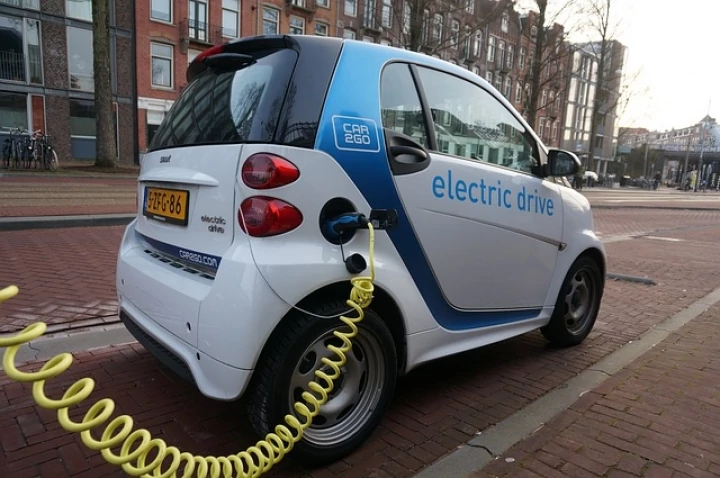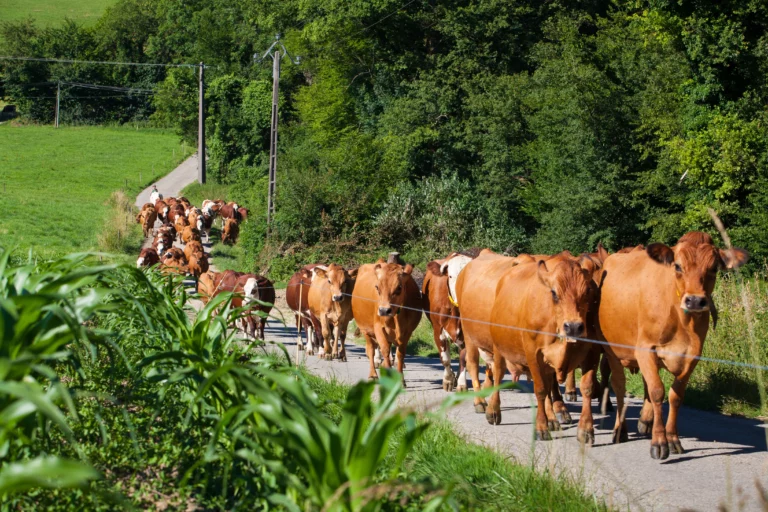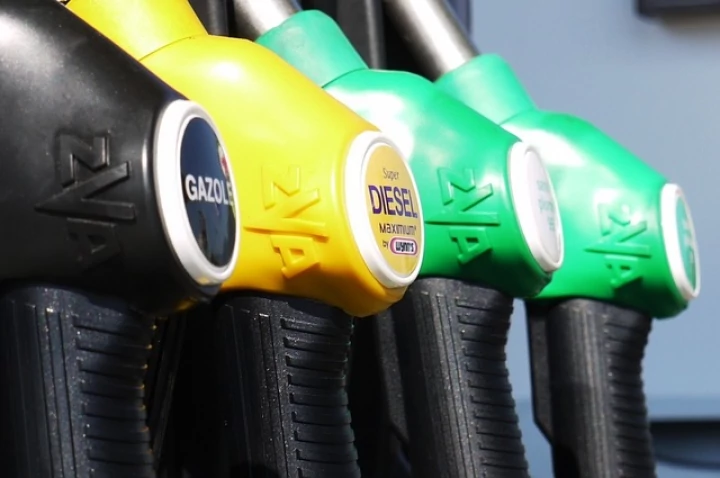Germany is one of the leading countries in terms of waste recycling

More and more waste is being recycled in Poland. However, there is still a long way to go if we want to be like our western neighbours, who have been leading European countries in terms of waste processing for a good few years now.
Do you want to transport waste for recycling in Germany? Contact us for the relevant permit:
e.nadolna@ekologistyka24.pl , +48 881 045 376
j.blazewicz@ekologistyka24.pl , +48 500 867 153
When talking about Germans, associations with orderliness, thoroughness and conscientiousness immediately come to mind (historical connotations omitted). In the 1980s, hardly anyone living on the west side of the Oder River thought to separate waste, let alone recycle it. However, when they realised how much impact their actions had on the environment, they changed 180o. At the end of the 1990s, Der Grüne Punkt, or the so-called Green Dot, was established - a system that changed the approach to packaging waste.

At least for consumers, because packaging manufacturers had to pay to put the distinctive stamp on manufactured products. The more, the bigger the packaging was. As might be expected, they were initially not happy about this.
The Green Dot system has helped to produce less paper and metal packaging, while glass packaging has been made from thinner glass. However, this could not succeed without changing the public's awareness and sensitising them to the environment around them.
Recently one of the largest American periodicals took up the issue of recycling in the German implementation. Citing data from the Organisation for Economic Co-operation and Development (OECD), Melissa Eddy pointed out that nearly 65% of waste is sorted for disposal or further processing there. Just behind Germany is South Korea with 59% of waste and the US with 35%.
For comparison, the journalist contrasted these figures with 99% in Turkey. Only that there, the figure indicates the amount of waste that ends up in landfills and is not recycled.
However, things are not quite so rosy. Indeed, even in our western neighbours, there are 'recycling rebels' who, instead of putting their rubbish in the bins for particular types of waste, throw it into the general waste bins, mocking their neighbours who do the right thing.
But these are exceptions. Other European countries such as Austria, Belgium, Switzerland and Sweden have followed Germany's lead and now also recycle more than half of the waste they generate. In the latter, the 'green campaign' has had an effect, as coloured rubbish bins can be found basically everywhere - on trains and platforms, in squares, parks, schools and even in stadiums.
It is also not uncommon for someone to draw another person's attention when they want to put rubbish in the wrong bin.
After all, order must be.
Photo. toptenz.net






